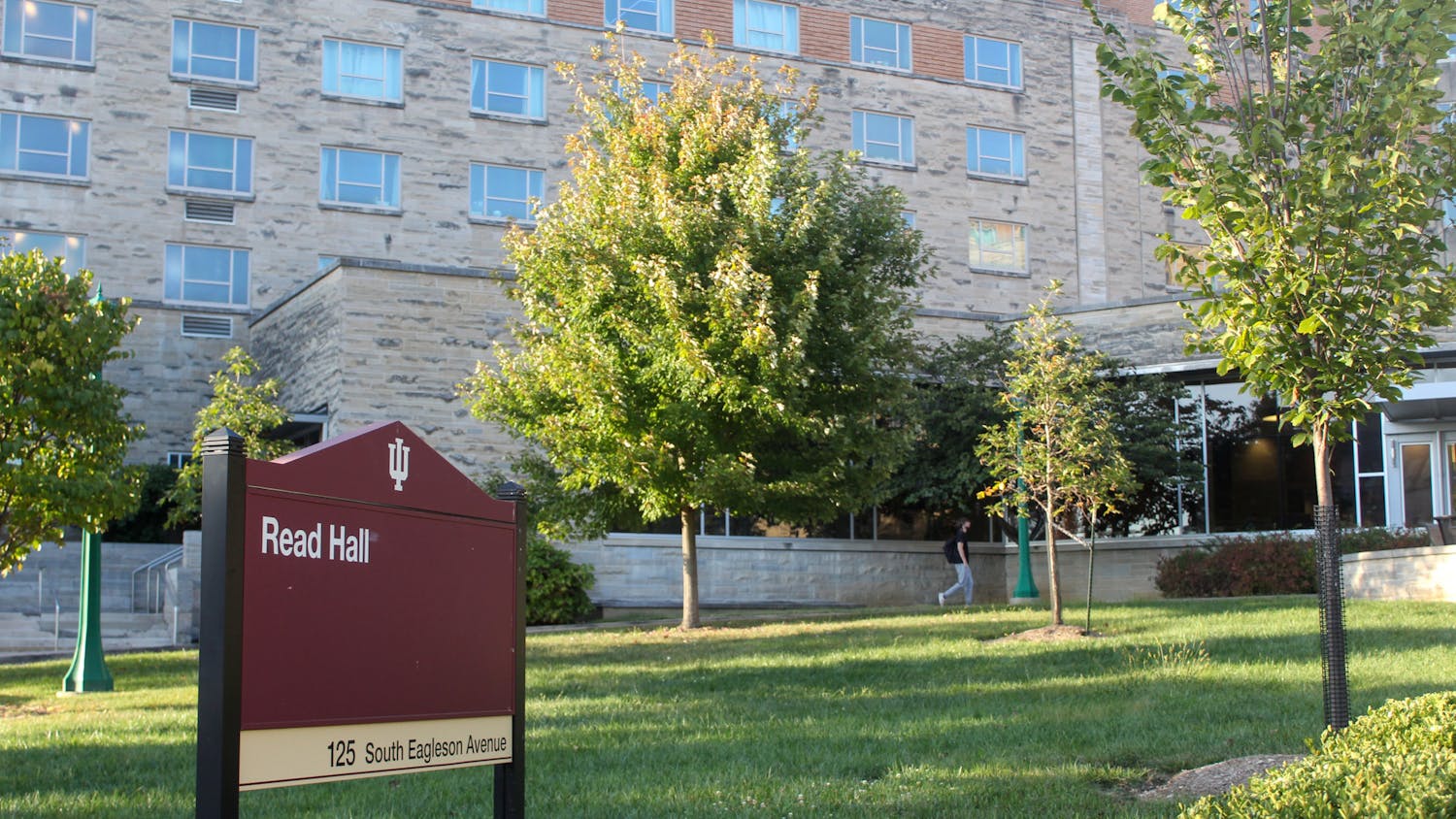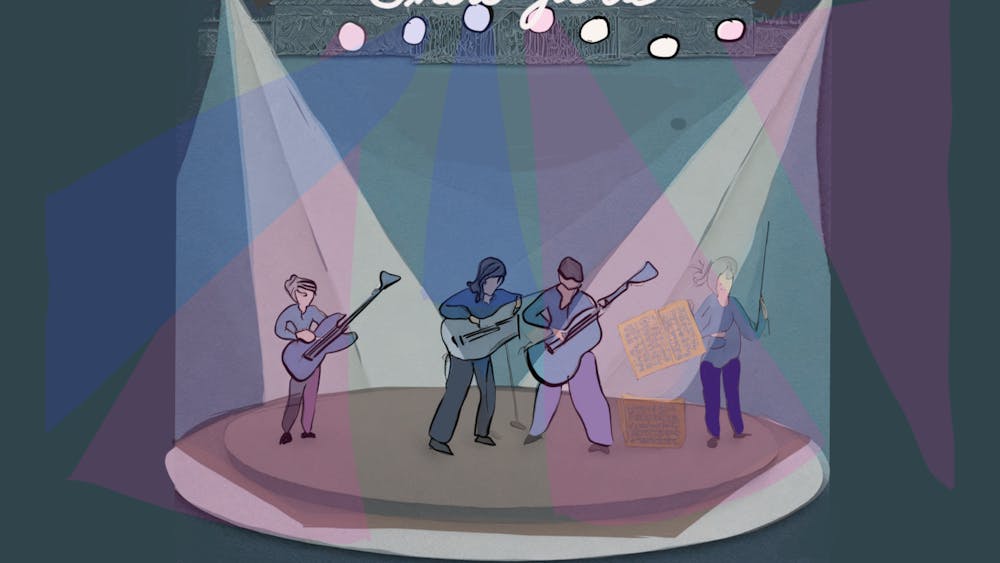Stephenson said the department typically investigates three or four incidents of reported sexual assault per semester. In the fall 2015 semester IUPD has investigated at least 10 reports.
Despite the increase of sexual assaults reported, Stephenson said he does not believe there is an increase in the crime occurring.
“I’ve been with the IU Police Department for a long time,” Stephenson said. “I believe that it’s a result of us getting out there meeting with students and talking about this and encouraging people to report this crime.”
IUPD Sgt. Rebecca Schmuhl said she believes more reports are coming in directly after assaults rather than being reported after time has passed. She said this is likely because victims are coming forward with friends.
“I think that is the main reason we are seeing more reports,” Schmuhl said. “More victims are finding support networks almost immediately after the incident so that they feel that they can report it and have somebody help them do it.”
However, by Stephenson’s estimates, only between 40 and 50 percent of these cases reported have resulted in arrest.
In investigations that commonly span weeks or even months, it can often be difficult to prove guilt.
Stephenson said victims and suspects are often acquaintances, each side with his or her own story.
“A vast majority of these cases are not violent stranger attacks,” Stephenson said. “It’s very, very, very rarely an attack by a stranger.”
Investigators start by interviewing the victim and examining the crime scene, if one can be identified. Officers take statements from any potential friends or witnesses who may have seen the victim in the time leading up to the alleged assault.
Schmuhl said arranging interviews with witnesses can take anywhere between a few days to months, depending on the case.
In some reports where partying has been involved, Schmuhl said she may interview dozens of witnesses to build a better case to send to the prosecutor’s office. Schmuhl said she aims to determine if alcohol had been a factor and if the victim was legally allowed to give consent at the time of the alleged assault.
“We are attempting to provide a report to the prosecutors office that can eliminate the possible defenses that the assailant may come up with,” Schmuhl said. “Usually those are going to fall into the claim that it was a consensual encounter or that they were not involved at all or that no crime took place.”
Stephenson said it can be difficult to prosecute or make arrests because these cases rely on conflicting testimonies between the suspect and victim.
Bed sheets, pillowcases and underwear are among items commonly sent to a state police crime lab to be processed for DNA evidence, Stephenson said. However, this process takes time.
“It’s not like television where you submit evidence to the crime lab and wait by the telephone for five minutes before they give me a result,” Stephenson said. “It takes weeks, sometimes months.”
In addition to DNA evidence results, Stephenson said it takes time for paperwork to go through the court system and for medical records to come through.
After results have come in, all evidence has been collected and a potential suspect has been interviewed, officers can submit a report to the prosecutor’s office, where they can then decide whether or not to press charges.
Stephenson said arrests are made more frequently in cases involving random assaults because guilt is easier to prove.
However, identifying a suspect can be more difficult if the victim does not know his or her attacker. Investigators process the crime scene and its evidence, interview potential witnesses and try to develop potential suspects while they await DNA evidence results, so when this evidence has been processed, they can compare it to DNA already existing in their system or to a suspect from a court order.
Stephenson said frequent complications in investigations include students leaving or graduating from the University and students have friends visiting from out of town. Schmuhl has traveled as far as St. Louis to interview suspects, conduct phone interviews and work with local police departments outside of Bloomington to investigate such cases.
The best thing someone can do to assist an investigation if they believe they are a victim of sexual assault is to immediately go to the IU Health Bloomington Hospital to complete a sexual assault kit, Stephenson said.
The examination kits are conducted by nurses who are specially trained. Victims have the option of completing kits anonymously, a practice that began three to four years ago.
The evidence kits are then given to the police without releasing names for evidence storage for a year.
Stephenson said victims should take this step even if they do not plan to report their assault, because evidence of a sexual assault can be destroyed within a matter of hours.
Schmuhl said each victim reacts differently to reporting a very personal crime.
She said it’s something victims do not always want to talk about, but some feel it helps to talk to someone who is taking their complaint seriously.
“If the process allows the victim to at least have a say in that final judgment, then it will assist them hopefully over the long run in finding some sort of peace about what happened to them,” Schmuhl said.





